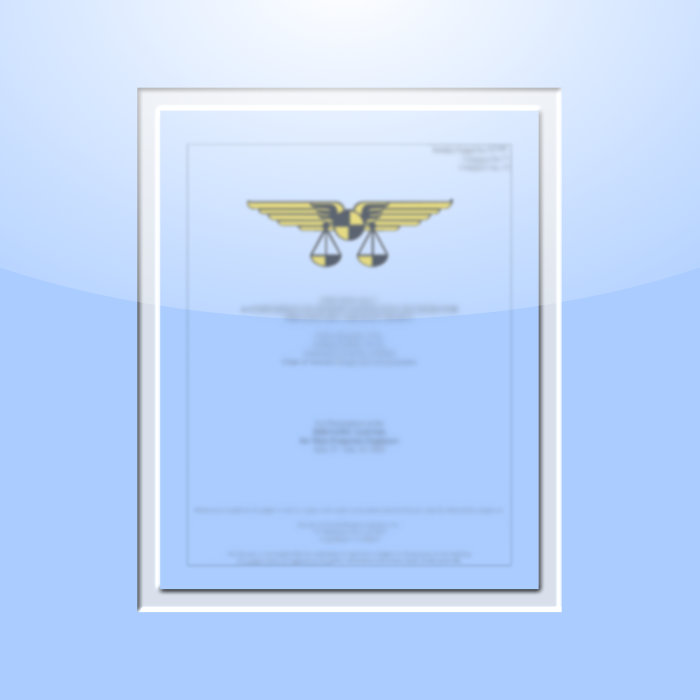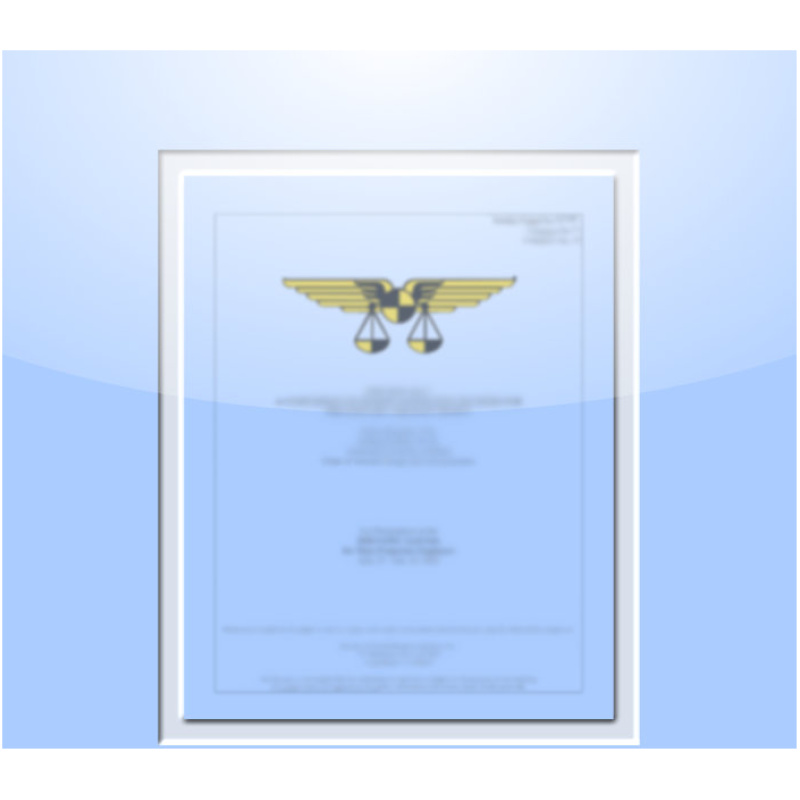
3741. Finding the Balance Between Accuracy and Practicality in Deadweight Survey
$20.00
SAWE Members get a $200 store credit each year.*
*Store credit coupon available at checkout, click the button in your shopping cart to apply the coupon.
Not applicable to SAWE textbooks and current conference technical papers.
Paper
Abstract
Deadweight audits are exercises required to calculate the vessel lightweight by deduction from the actual ship weight. Depending on the size of the vessel, they can take a few hours to several days. Minimising the duration of the exercise should be prioritised since accuracy of the result is connected to avoidance of changes in the recorded vessel’s configuration during the audit. This leads to a compromise between precision and the accuracy that can be achieved: estimating the weight of the deadweight based on experience is the quickest method, weighing everything with calibrated scales is the most precise. An intermediate solution is to find the deadweight partly with estimates, partly with weighing.Experience with all three of these methods showed that accuracy can be achieved even if relatively poor resolution is accepted, if some precautions are taken when recording the weights.This paper presents three study cases and the calculation of uncertainty in the deadweight that derived from the different approaches. The uncertainty and the time spent to complete the audit are used to define an efficiency estimator to rate the deadweight audit.The conclusion is a method to upgrade data recording that allows production of a more meaningful result.


